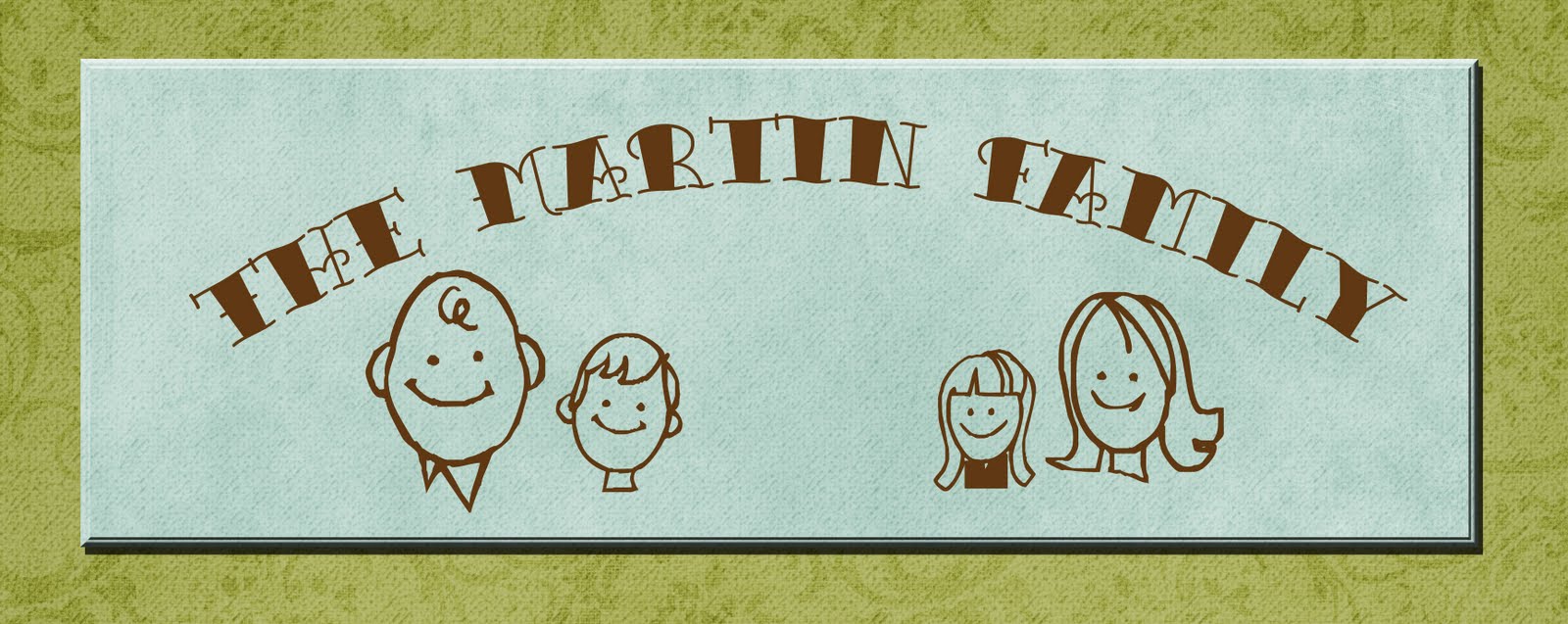
After lunch, Galo (the tribal leader) gathered the community together so that we could start. The plan was for the 4 of us to give the 5 lessons that afternoon and the next morning and have a short "clinic" afterwards, time permitting. The lessons were from the early chapters of Mark and John, and Wilson translated everything into Quichua the entire time. My lessons were about Jesus healing the paralytic, his encounter with the leper and about feeding the 5000. It was neat to see how attentive they all were to the stories and lessons. A gift that Wilson had was in translating what the Word was teaching in a way that they could relate to. I think that he did a great job. It was interesting to think that we were talking to them about a group of simple fishermen and carpenters that couldn't have been much different from themselves.

As the afternoon wore on, another group from the neighboring Sapara community, Jandiayacu, came and joined us. Jandiayacu is a 45 minute walk and several adults and children made the trek. At this point we probably had about 30 women and children listening to the lessons. They had known Wilson and seemed to be excited about sitting in on the lessons. In between the lessons, I was approached several times to see if I could listen to a child's chest or see someone's knee. One boy was brought in with a non-healing ulcer on his lower leg. It wasn't painful but he'd had it for over 2 months. It looked like a classic case of cutaneous leishmaniasis to me, which is a parasitic infection that also has other forms but requires a series of injections given daily for 20 days in order to cure it. We vowed to let the airport doctor know to arrange a flight out for him so he could come out and get treatment
 .
.After the lessons, we were invited to Galo's house for dinner and got to have more tasty vagre (catfish) and tuna with rice (we'd brought them the rice and tuna). No grubs this time. During the mealtime, I was able to find out more about Wilson and his journey. He's Ecuadorian and went to seminary in Argentina and served in Bolivia for a number of years. He also worked for HCJB in the past and helped build many of the homes that we live in. Listening to how God took him to Bolivia and the difficulties that he faced was very humbling.

After dinner, it was time to bathe and hit the sack. It gets dark here around 6 pm and there is obviously no electricity so we were all in our tents buy 8 o'clock and sound asleep in no time. The times that I've been in the jungle it usually gets chilly at night but it actually stayed pretty warm. The night was uneventful and the sky full of stars.

What a wonderful experience.
ReplyDelete